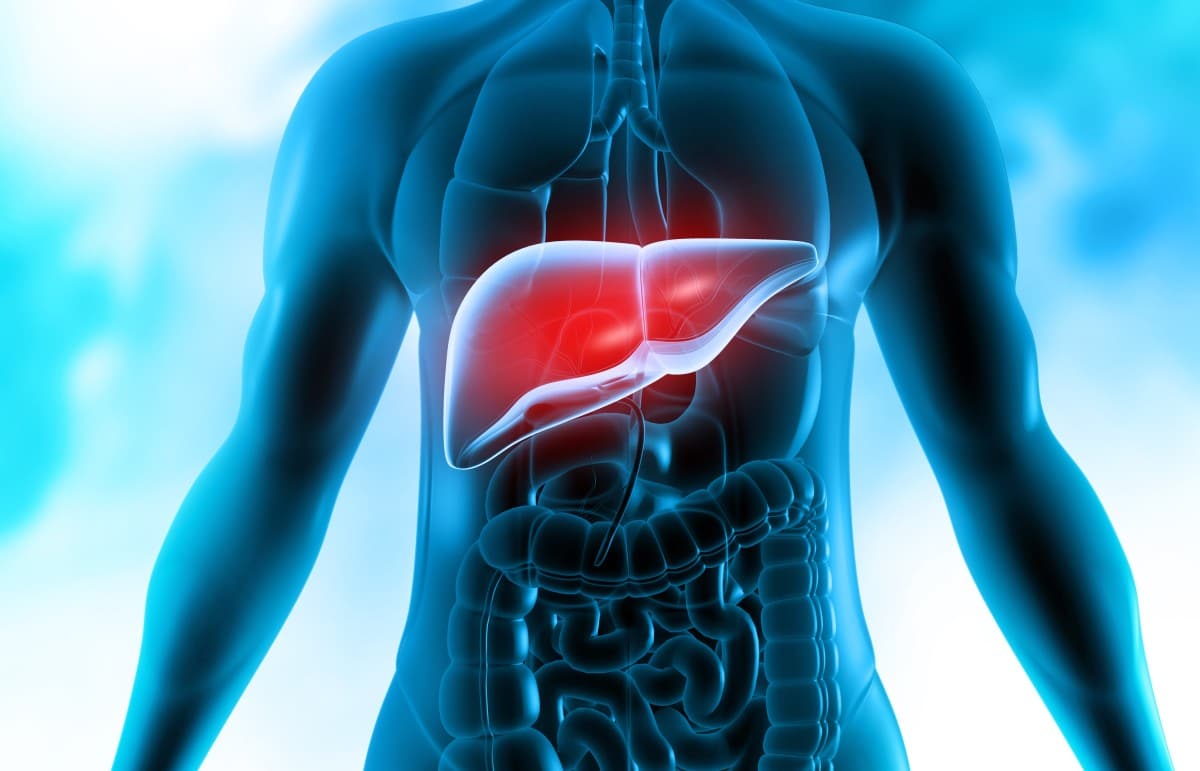Study links poor food diversity in children to higher health costs

A recent BMC Public Health study investigates the consequences of low food diversity on children’s health and the economy.
 Study: Food diversity: its relation to children’s health and consequent economic burden. Image Credit: Mohammad Bash / Shutterstock.com
Study: Food diversity: its relation to children’s health and consequent economic burden. Image Credit: Mohammad Bash / Shutterstock.com
Exploring the relationship between diet diversity and childhood malnutrition
Millions of children under the age of five worldwide are obese or develop vitamin or mineral deficiencies. In 2022, the World Health Organization reported a significant increase in stunted growth in children from Southern Asia and Sub-Saharan Africa. This led many counties affiliated with the World Health Assembly to join the Scaling Up Nutrition (SUN) program to reduce the stunting rate by 2025.
Although a higher prevalence of child malnutrition and stunted growth were reported in Indonesia, these numbers have recently decreased; however, this reduction has not yet reached the WHO target of less than 20%. The lack of dietary diversity was found to be the primary dietary nutrition-related problem in developing countries.
Developing countries significantly depend on cereal staple foods, with limited intake of animal proteins, vegetables, and fruits. Social and economic status, cultural traditions, financial allocations, food choices, and practices influence dietary quality and diversity.
The Dietary Diversity Score (DDS) and dietary serving score (DSS) are frequently used to determine the quality of food diversity and adequacy. Reduced dietary diversity is associated with malnutrition, such as stunted growth, as well as an increased risk of developing cardiovascular diseases, metabolic syndrome, and dyslipidemia. Typically, children who consume different types of food have a higher food intake and good metabolism.
A recent study conducted in West Java, Indonesia, revealed that consuming a more diverse diet reduces the risk of malnutrition. However, another study contradicted this observation, reporting low food quality and diversity among vulnerable populations in West Java. These conflicting observations emphasize the importance of conducting additional studies to elucidate the effect of consuming similar food types in children.
About the study
The current study evaluated the correlation between food diversity and children’s health. Food diversity was calculated based on DDS and DSS, in which DDS was used to estimate the quality of food diversity, whereas DSS quantified food diversity. The economic burden experienced by parents and governments due to low dietary diversity in children was also estimated to better understand the severity of this issue.
The population of Tasikmalaya City was considered in the current study due to the prevalence of stunted growth in children above the provincial average. Since stunting is associated with children’s diet and nutrition, it has been assumed that Tasikmalaya City has low levels of food diversity.
Data on six different food groups, including meat/fish/eggs, vegetables, cereals, fruits, whole grains, and milk/dairy products consumed by children within the last 24 hours, were collected. Children between two and 14 years of age were considered. Sociodemographic data, food groups consumed, health status, and expenses incurred due to children’s sickness in the past month were also reported.
Study findings
The average monthly income of the households was 2.29 million rupiah. Most of the study participants lived more than one kilometer from a healthcare facility.
Most children consumed three meals every day, and 25% of the cohort experienced health complaints. The study cohort comprised almost equal numbers of boys and girls.
Lower DDS and DSS scores were associated with more health complaints in children. Each child with low DDS and DSS scores costs $75 USD; therefore, improved food diversity quality and quantity could avoid these high costs.
DDS can be used to determine nutritional adequacy, which indicates proper macro- and micronutrient consumption in children. Greater adherence to the meal portion recommended by the Balanced Nutrition Guidelines was associated with better health conditions in children.
Conclusions
The current study highlights the importance of dietary diversity for children’s health. Inadequate food diversity can lead to sickness, which increases household healthcare costs overall.
Improving the quality and quantity of dietary diversity has been recommended to improve health conditions in children. In the future, better food and nutrition-related programs must be promoted to raise awareness, which can improve health conditions and reduce healthcare costs.
As agriculture plays an important role in the Indonesian economy, improved agroecological practices, including crop diversification, mixed crops, agroforestry, and livestock systems, could have positive effects on dietary diversity.
- Hasanah, A., Kharisma, B., Remi, S. S., et al. (2024) Food diversity: its relation to children’s health and consequent economic burden. BMC Public Health. doi:10.1186/s12889-024-18530-w
EN SON TV sitesinden daha fazla şey keşfedin
Son gönderilerin e-postanıza gönderilmesi için abone olun.

















